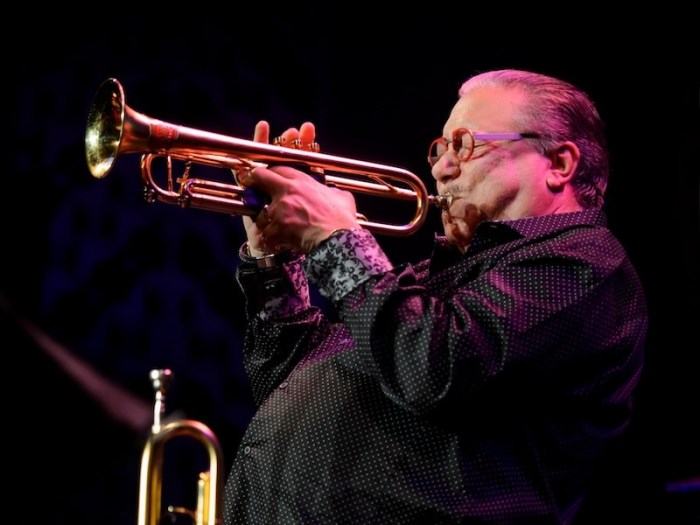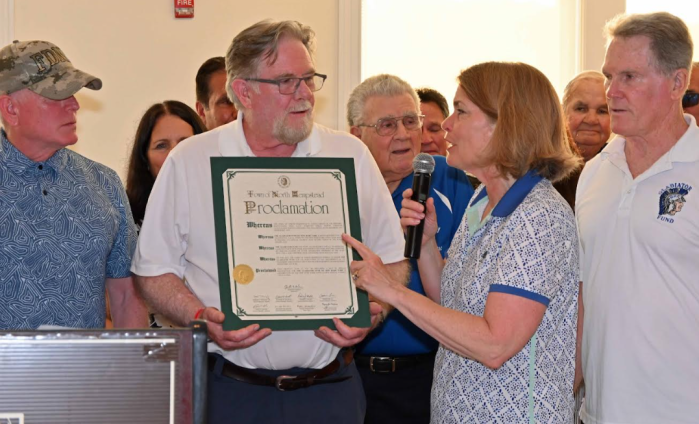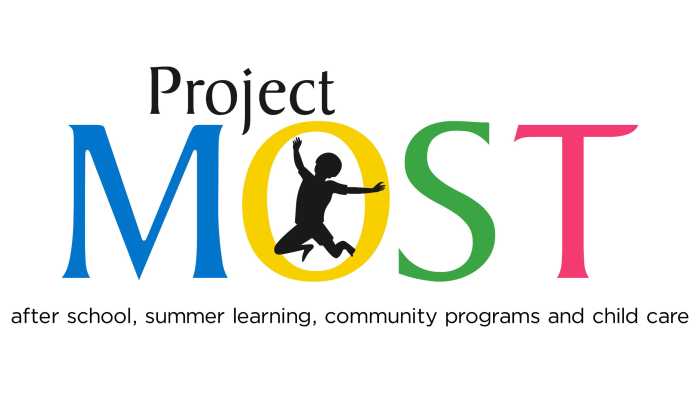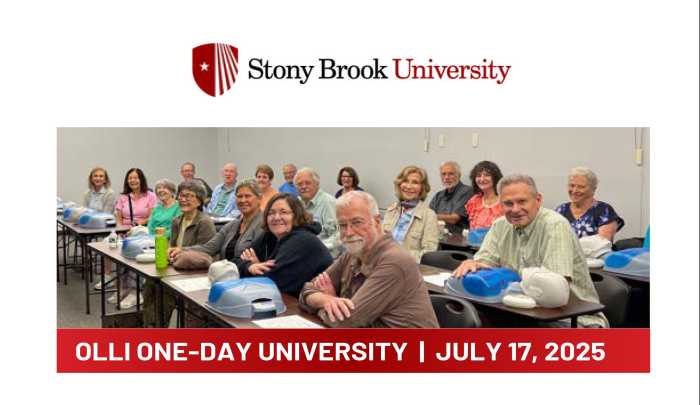 Although we may not realize it, we are surrounded by gambling opportunities throughout our lives. Whether it’s a quick trip to the grocery story, a stop at the deli, a company pool, a raffle for prizes or a night at the casino, we are often subtly engaged in the practice of gambling. Though many may perceive gambling addiction can be controlled, the National Council on Problem Gambling (NCPG) said that 85 percent of adults in the United States have gambled at least once in their lives and an even more startling realization is that approximately 2 million adults meet the criteria for disordered gambling.
Although we may not realize it, we are surrounded by gambling opportunities throughout our lives. Whether it’s a quick trip to the grocery story, a stop at the deli, a company pool, a raffle for prizes or a night at the casino, we are often subtly engaged in the practice of gambling. Though many may perceive gambling addiction can be controlled, the National Council on Problem Gambling (NCPG) said that 85 percent of adults in the United States have gambled at least once in their lives and an even more startling realization is that approximately 2 million adults meet the criteria for disordered gambling.
While the month of March kicks off National Gambling Awareness Month, it is always important to be aware of what problem gambling is and how you or your loved ones can find help if faced with any gambling-related hardships. Executive Director for the New York Council on Problem Gambling (NYCPG) Jim Maney said that awareness is vital.
“I think what has occurred in our society is that at one time gambling was considered a vice. In the ’60s or ’70s the lottery was formed and ever since, gambling has transitioned from a vice to a being a part of the state budget, generating revenue. The normalization of gambling has increased,” said Maney. “It’s always portrayed as this harmless behavior most of the time and what we need to do is educate folks.”
 The NYCPG has incorporated their goals into a plan to focus on during Gambling Awareness Month where they hope to provide state professionals with tools and resources on dealing with problem gamblers and also connecting people with services to receive help. They have an eight-page resource guide, and will be posting blog and social media-driven content to assist in their efforts. They also have programs such as DontBetYet—informational material focusing on children and gambling, KnowTheOdds—a gambling addiction information center and You(th)DecideNY—a resource to assist teen-aged youth understand the consequences of gambling.
The NYCPG has incorporated their goals into a plan to focus on during Gambling Awareness Month where they hope to provide state professionals with tools and resources on dealing with problem gamblers and also connecting people with services to receive help. They have an eight-page resource guide, and will be posting blog and social media-driven content to assist in their efforts. They also have programs such as DontBetYet—informational material focusing on children and gambling, KnowTheOdds—a gambling addiction information center and You(th)DecideNY—a resource to assist teen-aged youth understand the consequences of gambling.
“I think that the at-risk population that we find are the adolescents and the elderly. And then for the niche gamblers, say like with sports betting, it will be men from 20-40. And then for slot machines, it would be women from 20-40,” said Maney. “So there are niches for everyone and it doesn’t discriminate. There are young kids having difficulty and older folks having difficulty. This is something that affects everyone from Long Island to Buffalo and every group in between.”
Maney also said that if you or a loved one is facing issues dealing with problem gambling it is important to receive help as soon as possible.
“We also provide clinical supervision, twice a month, for anyone who would like it. We also provide numerous other trainings via our website for folks who want to continue their education about this issue. We run a two-day annual conference where folks network and provide more information and listen to the experts talk about problem gambling strategies,” said Maney.
Visit www.nyproblemgambling.org or call 518-867-4084 for assistance with gambling-related issues.

































